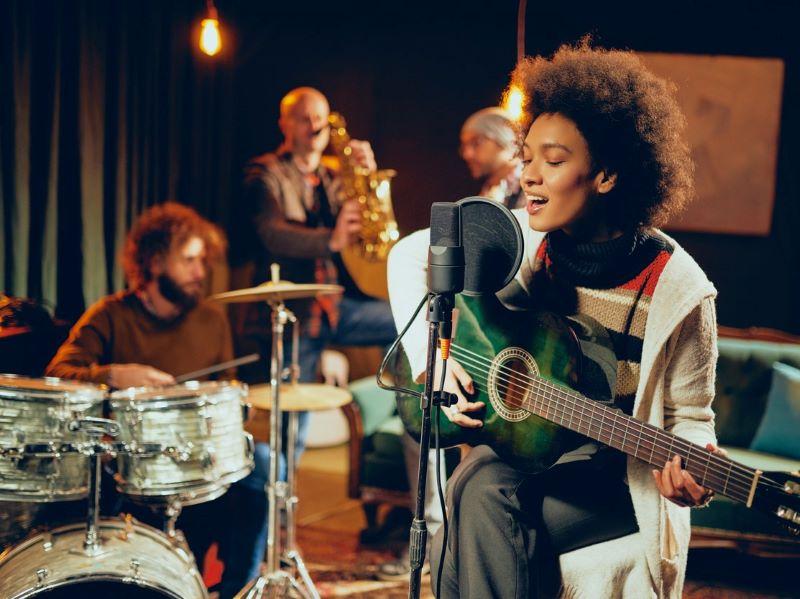Listen to this episode on Spotify or Apple podcasts.
In this episode of the Campus podcast, Michael Dennin, a professor of physics and astronomy in the School of Physical Sciences at the University of California, Irvine, talks about using superheroes (and zombies) to bring the dynamics of physics into the classroom. Michael, who is also dean of undergraduate education, vice-provost for teaching and learning, and the recipient of UCI Senate teaching and innovation awards, explains how his approach enriches traditional physics problems, encourages creativity, and champions teamwork and interdisciplinarity. The discussion also looks at the potential of science outreach to create good “spectators of science” and why Moocs were greeted with more scepticism than teaching with superheroes.
Our second guest is Liz Giuffre, a senior lecturer in communication, teaching into music and sound design, in the Faculty of Arts and Social Sciences at the University of Technology Sydney. Liz is also a music commentator, founding journal editor, archivist, podcaster, blogger and author – her latest book is Kylie Minogue’s Kylie, co-written with Adrian Renzo. She talks about how the ubiquity of popular culture (“it’s both ordinary and extraordinary”) drew her to study it, and why it’s the job of academics to understand mainstream culture – whether that’s the music of Kylie or Shakespeare’s plays.
Read more from Michael Dennin on Campus here.
If you would like advice and insight from academics and university staff delivered direct to your inbox each week, sign up for the Campus newsletter.




comment